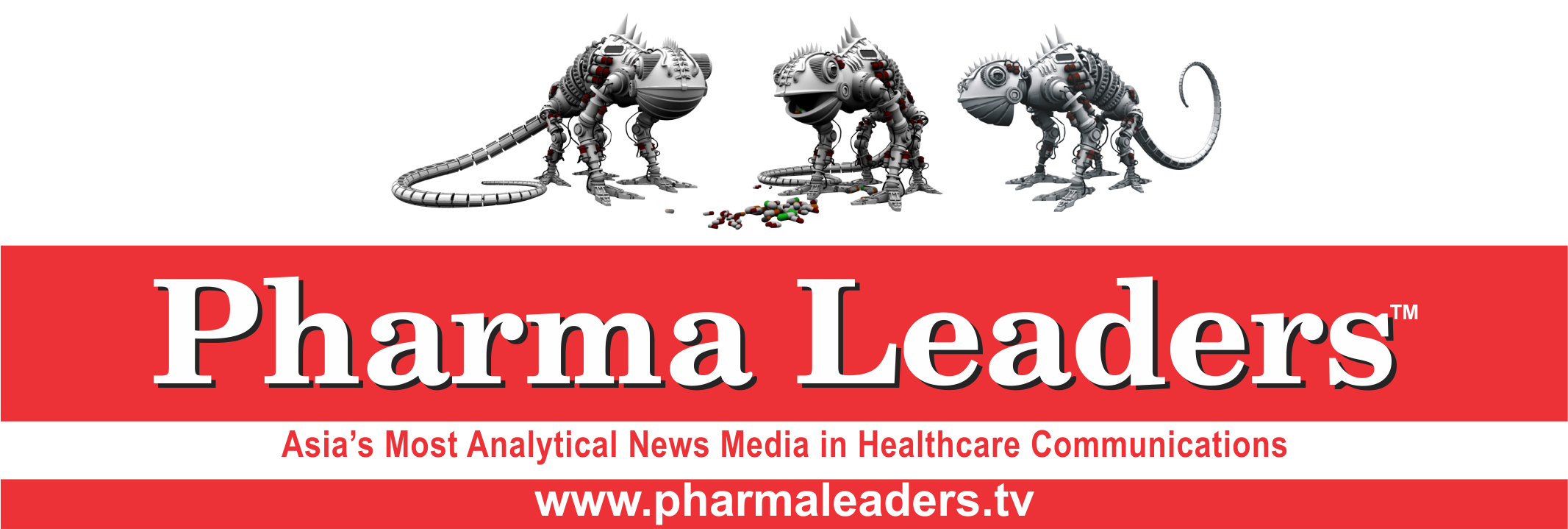Healthy Growth in FDI and Digital Initiatives further fueling growth of Domestic Pharma Industry
• India’s $42 billion pharmaceutical sector is heavily dependent on China for key active pharmaceutical ingredients or API — chemicals that are responsible for the therapeutic effect of drugs.
• Various estimates put India’s dependence on China at 70%-90% for these critical raw materials, because it’s a cheaper option than manufacturing them domestically.
• With a total outlay of ₹15,000 crore, the Production Linked Incentive (PLI) scheme is slowly but surely making India self-reliant and boosting domestic manufacturing of identified KSMs, DIs and APIs by attracting large investments in the sector and thereby reduce India’s import dependence in critical APIs
The Indian Pharma industry is riding on the PLI scheme of the govt to reduce it’s dependency for key raw materials like API from China.
The production linked incentive scheme was first launched in mid-2020, when military tensions with China were at a high. The PLI program aims to incentivize companies across all sectors to boost domestic manufacturing by $520 billion by 2025.
For the pharma sector, the government has earmarked over $2 billion worth of incentives for both private Indian companies and foreign players to start producing 53 APIs that India relies heavily on China for. A total of 239 applications were received, out of which 49 applicants were selected for 32 products. The total committed investment of ₹3685.38 crore and actual investment of ₹774.88 crore took place by 49 approved applicants till December 2021 in all segments. 35 APIs began to be produced at 32 plants across India in March 2022.
The tenure of the scheme is from FY 21 to FY 29. Promotion of innovation for development of complex and high-tech products, including products of emerging therapies and in-vitro Diagnostic Devices have also been targeted under the scheme.
The government should focus on a conducive ecosystem supportive of greater inflow of foreign investments and benefit local pharma and medical device companies. These are some of the findings of a report on the Pharmaceutical Industry titled – Redefining Business and Innovation released by Infomerics Valuation and Rating Pvt Ltd., the well-known SEBI-registered and RBI-accredited financial services credit rating company.
Healthy Growth in FDI in Pharma Sector:
FDI in the pharmaceutical sector suddenly spurted in FY 21 vis-a-vis the previous year showing a 200% increase. In FY 2022 (April-September), the FDI inflows continued to be buoyant at ₹4413 crore, growing at the rate of 53% over the corresponding period in FY 2020-21. The Department of Pharmaceuticals approved 10 FDI proposals worth ₹7,860 crore inflows under the brownfield pharmaceutical projects during the financial year 2021-22 (till December 2021).
Digital Transformation:
The digital transformation of pharma industry during COVID led to innovation of diagnostic tools, electronics health records and digital adaptation by doctors. The Pharma sector currently contributes to around 1.72% of the country’s GDP. The Indian pharma industry not only provided adequate medicines but also contributed significantly to other areas like sanitation, preventive health care and quarantine facilities. Now, market clocked up double-digit growth of around 15% in 2021 (compared to 3% in 2020), driven primarily but not only by products related to COVID-19. Local companies performed well because of the strong domestic demand and grew by over 20%. The Indian Pharma industry has targeted to achieve $130 billion worth by 2030 with high-skilled workforce having expertise in R&D and manufacturing.
India – The Pharmacy of the world
India is the largest supplier of generic medicines in the world and constitutes 20% of the global supply and manufacturing 60000 different generic brands across 60 therapeutic categories. Some of the key players in the industry include Sun Pharmaceutical Industries, Cipla, Lupin, Dr. Reddy’s Laboratories, Aurobindo Pharma, Zydus Cadila, Piramal Enterprises, Glenmark Pharmaceuticals, and Torrent Pharmaceuticals. Being a ‘pharmacy to the world’, the Indian government is continuously putting its efforts in reorienting its policies towards making the country self-reliant in terms of vaccines, drugs, medical devices, and equipment. Recently, at 12th Geneva Ministerial Conference of WTO, India sought a drug patent waiver and negotiating with other member countries. Limiting a proposal for waiver of patents on vaccines, drugs and equipment mooted by India and South Africa almost 20 months ago “only to vaccines” and that too with multiple pre-conditions necessitate a sharper focus on a TRIPS waiver.
Bulk Drugs
The scheme named ‘Promotion of Bulk Drug Parks’ is setting up bulk drug parks in different parts of the country significantly providing financial assistance to the selected bulk drug units to access world class common infrastructure facilities. The scheme will be active for 5 years from FY 2020-21 to FY 2024-25. Out of the total outlay of ₹3000 crore for the scheme, 70 per cent of the project cost of common infrastructure facilities will be given to a selected Bulk Drug Park as a financial assistance. In case of North-eastern States and Hilly States (Himachal Pradesh, Uttarakhand, Jammu & Kashmir, and Ladakh financial assistance would be 90 per cent of the project cost. Maximum assistance under the scheme for one Bulk Drug Park would be limited to ₹1000 crore.





No comment